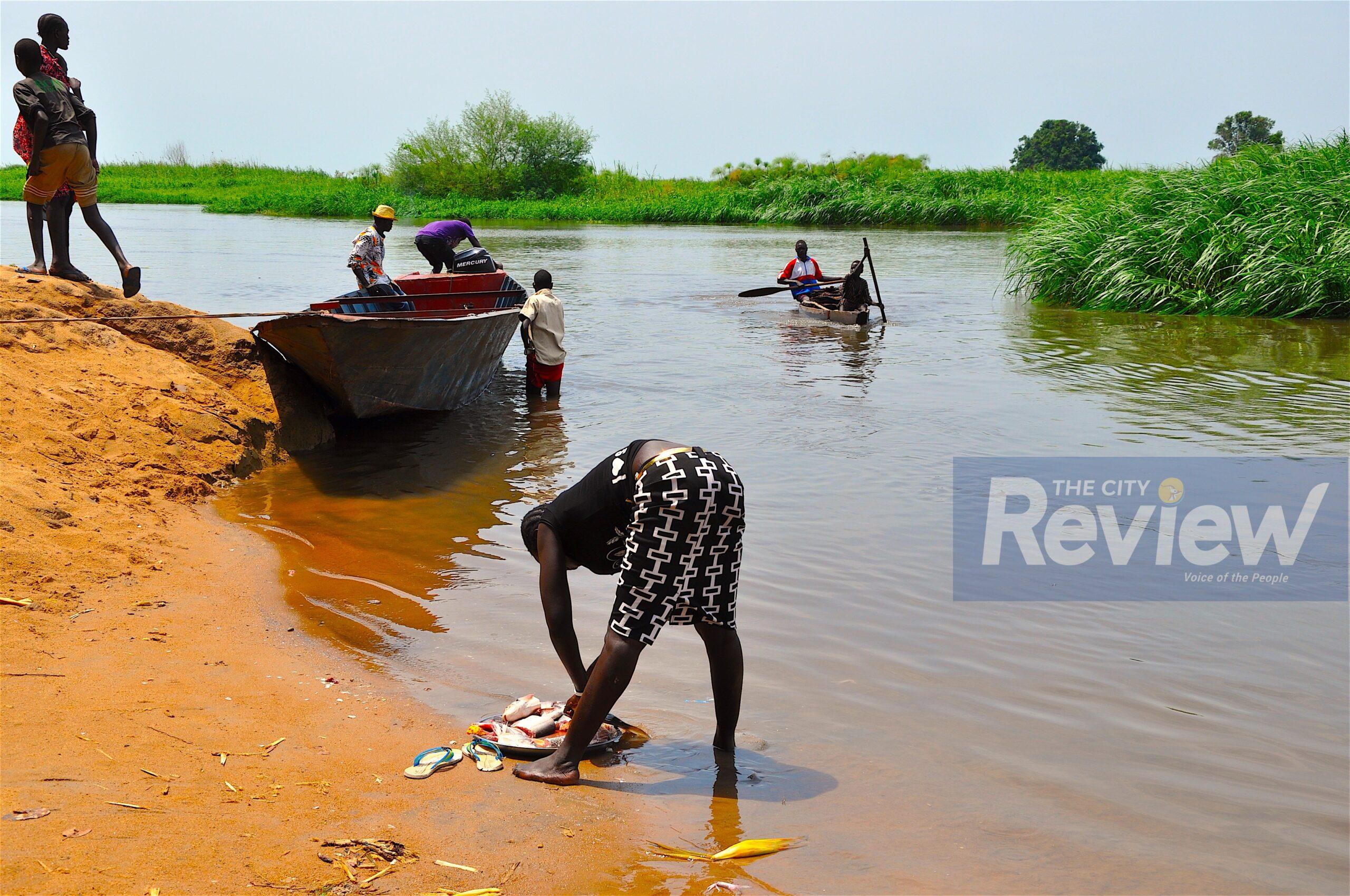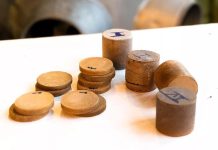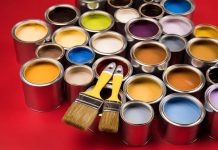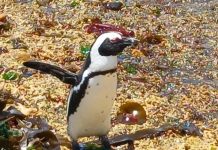Africa-Press – South-Sudan. On Thursday, the leadership of the Juba City Council challenged the citizens of Juba to show the spirit of nationalism towards their environment by keeping Juba clean.
The Deputy Mayor for Physical Infrastructure, Thiik Thiik Mayardit, said everybody has to play their part to keep the environment clean. “Cleanliness is everybody’s responsibility, and there is a need to adapt it to be part of the routine work for everyone living in Juba.”
“We have the responsibility to clean Juba, including the foreigners,” Thiik said. It is everyone’s responsibility to ensure that their environment is clean to avoid being infected by diseases. Having a clean and healthy environment is very important for both human beings and biodiversity.
A clean, healthy environment is essential for the growth and survival of wildlife such as fruits, vegetables, and other species. All plants and aquatic animals that we depend on for food may also be negatively affected as a consequence of pollution and climate change as a result of human actions.
Recently, we heard of reports of some fish being infected with the epizootic ulcerative syndrome, a disease discovered in Northern Bahr el-Ghazal State. Residents in the state were briefly ordered not to eat fish caught in the area. Surely, that could have resulted from human actions such as water pollution.
There are too many plastic bags and lubricants being disposed of directly into the Nile River, especially in Juba where cars are washed at the bank of the Nile River.
All the plastic bags in Juba often find their way to the Nile River once it rains. There are also car wash bays established at the banks of the River Nile that contribute to water pollution. Just picture all the lubricants from those vehicles, water factories as well as waste from the hotels that are drained into the River Nile.
These lubricants are very dangerous to the lives of aquatic animals once they are disposed of directly into the water. It also affects human beings when they drink contaminated water or eat infected fish.
Providing harm to an organism, in a chain reaction, will surely have a negative effect on us. The more we pollute our waters, the higher the possibility that we too will be affected due to the chain reaction or impact. Once the fish gets infected as a result of water pollution, there is a possibility that one may get infected if the person consumes the infected fish.
It is important to keep our environment clean for our well-being and the well-being of other living organisms that live both on land and in water. The Juba City Council and the national Ministry of Environment have a lot of work to do to stop the River Nile pollution.
They have to stop the necessary disposal of waste and lubricants by the hotel owners and water factories that operate along the Nile. Indeed, some hotels don’t have proper safety tanks, and the waste from their hotels is drained directly into the Nile.
For More News And Analysis About South-Sudan Follow Africa-Press






